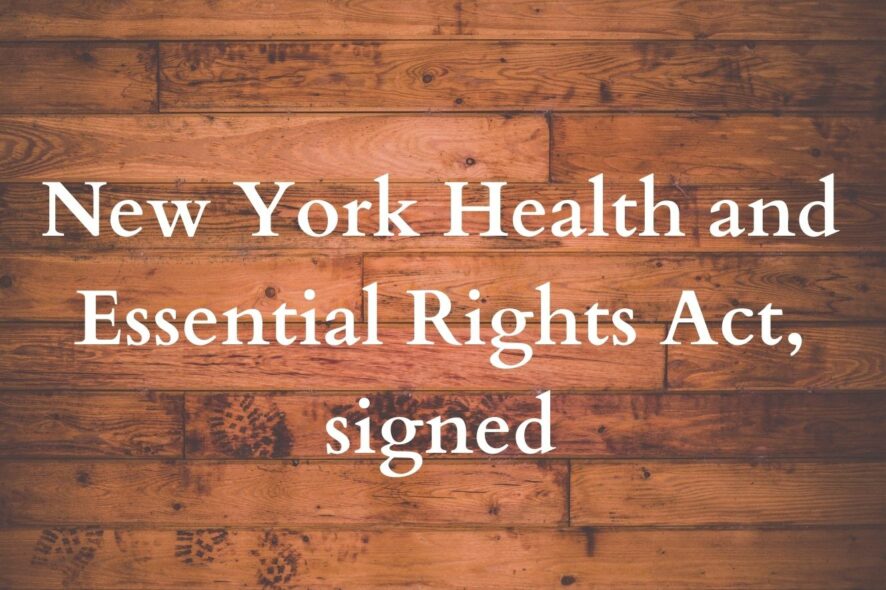On May 5, 2021, Governor Cuomo signed New York Health and Essential Rights Bill into law which mandates extensive new workplace health and safety protections in response to the COVID-19 pandemic.
Applicability: The Act defines “employees” broadly to include those individuals “providing labor or services for remuneration” as well as, among others, part-time workers, independent contractors, domestic workers, home health and personal care workers, and seasonal workers. State and other governmental agency employees are excluded from the Act’s protections and state and governmental agency employers are exempt from the Act. Otherwise, the Act covers all employers in the state, regardless of size.
Key Features:
- The Act requires New York State commissioner of labor, in consultation with the New York State Department of Health, to create and publish a model airborne infectious disease exposure prevention standard for all work sites, differentiated by industry, and to establish minimum requirements for preventing exposure to airborne infectious diseases in the workplace. In establishing these minimum requirements, the labor commissioner is tasked with developing protocols to address the following topics:
-
- employee health screenings;
- face coverings;
- personal protective equipment (PPE) required by industry and at the employer’s expense;
- hand hygiene;
- cleaning and disinfecting of shared work equipment and surfaces (i.e. telephones and doorknobs);
- social distancing protocols;
- mandatory or precautionary isolation or quarantine orders;
- engineering controls;
- assignment of enforcement responsibility of the safety plan and federal, state, and local protocols to one or more supervisory employees;
- compliance with employee notice requirements; and
- verbal review of standards, policies and employee rights.
2. The Act requires private employers to allow employees to establish a joint employer-employee workplace health and safety committee authorized to raise health and safety issues and evaluate workplace health and safety policies.
3. The Act also prohibits discrimination and retaliation against employees for exercising their rights under the Act or the employer’s plan or reporting violations of the Act or the employer’s plan to officials.
4. The Commission may assess civil penalties in the amount of $50 per day for an employer’s failure to adopt a plan and no less than $1,000 and not more than $10,000 for failing to follow a plan. The Act also permits employees in some instances to seek injunctive relief and for the courts to award costs, including attorneys’ fees and liquidated damages up to $20,000.






